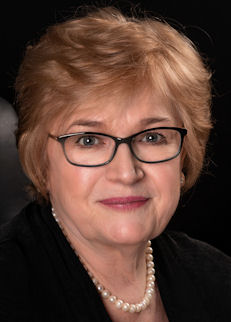End of Relationship
(Divorce) Ceremonies
The ceremony is specifically designed to intentionally transform the experience into a stepping stone. It assists in dis-identification as a partner, declares your intention to reweave your life into something new and spotlights your personal path forward by means of a formal ceremony in which you close the door on the old, and, with support of family and friends, acknowledge and celebrate your new status.
Single-partner ceremonies can be healing, and these constitute over half of the end of relationship ceremonies held. However, the ideal ceremony is one where both parties are present. Not only is there great potential for positive closure in this latter form, it can also be extremely helpful in calming fears and assuaging guilt of the children of the relationship as it can help them understand that while their parents have agreed not to live together, they are not being abandoned, that they are loved by both parents and that the breakdown of the relationship is not their fault.
While your Divorce Ceremony or End of Relationship Ceremony can include elements of "uncommitment" but it is not, per se, the reverse of your Marriage Ceremony or of your Commitment Ceremony.
The ceremony will include both acknowledgement and
releasing of the past as well as formal releasing of
yourself and one another from the relationship.
I hold a degree in Psychology, and in depth experience of the needs of separating couples together with high-levels skills and experience as a celebrant.
Jennifer Cram is a highly sought
after Brisbane-based celebrant who conducts touching
end-of-relationship ceremonies. She says properly
performed ceremonies have a deep, spiritual content,
which steer the emotions away from self-recrimination
to a celebration of growth and learning...
Source: Happily Ever Parted: Surviving Separation and Divorce by Bronwyn Marquandt. Sydney: New Holland, 2006, pp 162-164)
Source: Happily Ever Parted: Surviving Separation and Divorce by Bronwyn Marquandt. Sydney: New Holland, 2006, pp 162-164)
